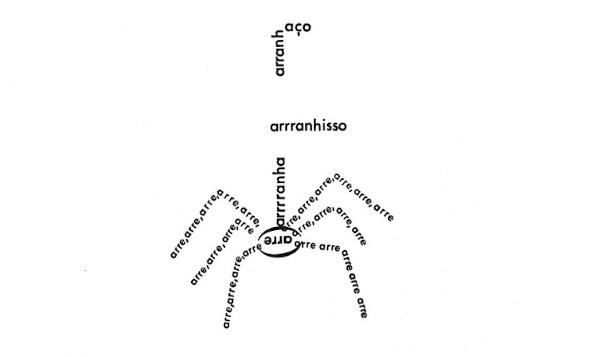question 1
ENEM - 2011
Road
This road where I live, between two turns of the way,
It matters more than an urban avenue.
In cities all people look alike.
Everybody is equal. Everyone is everyone.
Here, no: it feels good that each one brings his or her soul.
Every creature is unique.
Even dogs.
These farm dogs look like businessmen:
They are always worried.
And how many people come and go!
And everything has that impressive character that makes you meditate:
Burial on foot or the milk cart pulled by a sly little goat.
Nor lack the murmur of water, to suggest, by the voice of symbols,
That life passes! that life passes!
And that youth will end.
FLAG, M. The dissolute rhythm. Rio de Janeiro: Aguilar, 1967.
Manuel Bandeira's lyrics are based on the apprehension of deep meanings based on everyday elements. In the poem Estrada, the lyricism present in the contrast between countryside and city points to
a) desire of the lyrical self to rescue the movement of urban centers, which reveals its nostalgia for the city.
b) the perception of the ephemeral character of life, made possible by the observation of the apparent inertia of rural life.
c) the option of the lyrical self for the bucolic space as a possibility for meditation on its youth.
d) the negative view of the passage of time, as it generates insecurity.
e) the deep feeling of fear generated by the reflection about death.
question 2
(FUVEST)
Read Manuel Bandeira's poem to answer the test:
I do not know how to dance
Some take ether, others cocaine.
I already took sadness, today I take joy.
I have every reason but one to be sad.
But calculus of probabilities is a joke...
Down with Amiel!
And I will never read Maria Bashkirtseff's diary.
Yes, I've already lost father, mother, brothers.
I lost my health too.
That's why I feel the rhythm of jazz-band like no one else.
Some take ether, others cocaine.
I take joy!
That's why I came to watch this Shrove Tuesday ball.(...)
(Debauchery, Manuel Bandeira)
On the transcribed verses, mark the incorrect alternative:
a) The melancholy of the lyrical self is only apparent: inwardly it identifies with the festive atmosphere of carnival, as can be seen in the exclamatory tone of "I take joy!".
b) The loss of family and health are autobiographical aspects of the author present in the text.
c) The joy of carnival is a means of evasion for the lyricist, who seeks to alienate himself from his suffering.
d) The last verse transcribed is associated with the title of the poem, as the lyrical self does not actually participate in the Carnival ball.
e) The lyrical self reveals, in a humorous and uncommitted tone, to be an exaggeratedly sensitive person.
More questionsWatch our class on anarchism in Brazil and understand how this political trend emerged in our country. Understand today's anarchist activity and its current challenges.
Society and the environment are central concepts in sociology. Learn in this video class this relationship and how it permeates human action.



